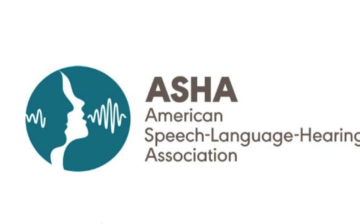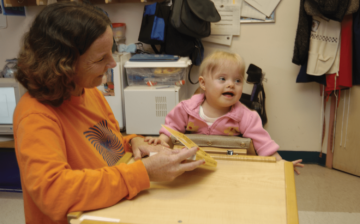- About Us
- Governance
- Board Leadership
- Committees
- Elections
- Honors
- Student
- Staff
- Who We Serve
- CSHA Districts
- FAQ
- Activities
- Advocacy
- Convergence
- Get Involved
- Membership
- Support
- CSHA Community
- CSHA Convos
- CSHA Blog
- Diversity & Inclusion Resources
- SLP Resources
- Resources, Tool Kits
- Career Center
- Log In
- Join Now
CSHA

Certificate of Clinical Competence (CCC)
Do you have a question about your Certificate of Clinical Competence (CCC). Learn more from our Q&A series on certificate of clinical competence.

CSHA 2019 Celebration of Excellence Awards
We are proud to acknowledge and honor our Celebration of Excellence recipients at the 2019 CSHA Convention. View their stories and see why CSHA is proud to acknowledge them for their efforts.

Revising Larry P. and African American Student Language Assessments: Clarification and Updates (2019)
In 2019, a presentation was made at the 2019 CSHA annual convention on Revising Larry P. and African American Student Language Assessments: Clarification and Updates (2019) by Toya Wyatt, Ph.D, CCC-SLP Department of Communications Sciences and Disorders at Cal State Fullerton. The Larry P. v. Riles (1979) court case is the basis for the law that …[Read More]

The Assessment of African American Children: An Update on Larry P. (2003)
In January, 2003 a CSHA task force published this position paper, The Assessment of African American Children: An Update on Larry P. The Larry P. v. Riles (1979) court case is the basis for the law that disallows the administration of standardized intelligence quotient (IQ) tests for the placement of African American children into classes for the Educable Mentally Retarded (EMR) or its substantial equivalent.

CSHA Workshops & Events
This is part of our Q&A series on CSHA Workshops and Events. CSHA provides high-quality, affordable continuing education workshops for speech-language pathologists, speech-language pathology assistants and audiologists.

Roles and Responsibilities of Speech-Language Pathologists with Respect to Literacy in Children and Adolescents in California (2018)
Language disorders and language-learning disabilities may significantly impact all components of reading and writing. Educators, special educators, and parents in California have placed more emphasis on this fact in recent years. With increased national and state legislative focus on literacy, speech-language pathologists (SLPs) have both a challenge and opportunity to contribute to literacy development. This position paper and resource guide addresses the SLPs’ roles and responsibilities with respect to literacy development in children and adolescents in California.

Collaborating with Interpreters and Translators (2017)
California is the home of one third of the nation’s 5 million English-language learners (ELL). The position paper was written to offer practicing speech-language pathologists and audiologists guidelines when needing to collaborate with an interpreter/translator (I/T). This process is necessary when the clinician and client do not share the same language and is mandated by IDEA (2004) (20 U.S.C. §1412 (6)(B).

Best Practices in Early Intervention Services (2017)
In 1986, the enactment of legislation to require early intervention services for infants and toddlers with disabilities and at-risk conditions from birth up until age 3 years of age ushered in a new paradigm of services and supports for families and very young children which has been compared to the Copernican Revolution (Turnbull & Summers, 1987).
